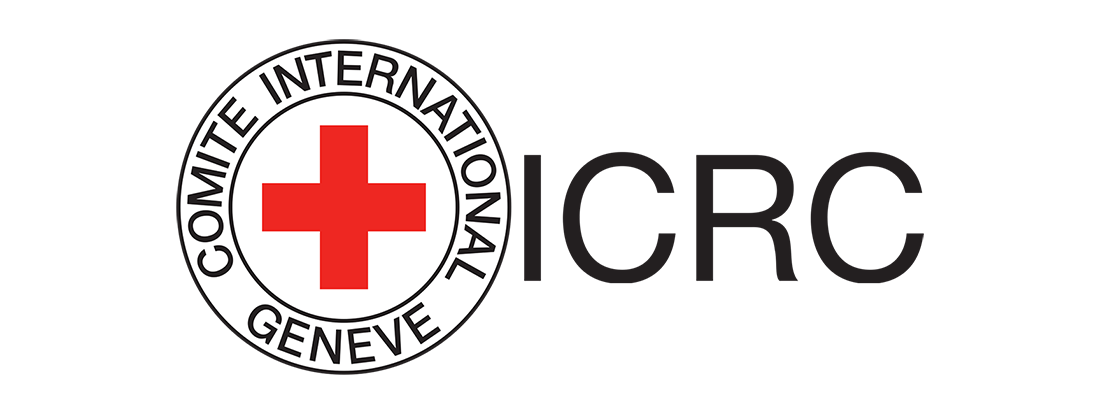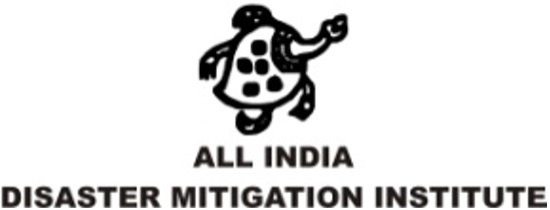Secretariat
About the Charter Secretariat
The Charter Secretariat was established in May 2024 following its announcement at COP28 in December 2023 to accelerate the implementation of the Climate and Environment Charter for Humanitarian Organizations.. The Charter Secretariat serves as a referral hub to connect, support, and guide organisations in turning Charter commitments into action.
Our Role:
- Connect: Link signatories to experts and resources within and beyond the Charter network to access technical guidance in implementing Charter commitments.
- Share Knowledge: Host, co-develop, and share resources, case studies, and lessons learned to help humanitarian actors advance climate and environmental goals
- Strengthen Engagement: Build connections between signatories through workshops and learning exchanges, and enhance platforms for partnership, learning, and coordination.
- Promote, Disseminate, and Advocate: Amplify Charter messages, commitments, and sector-wide progress across the humanitarian system
How we Support Signatories:
We provide tailored, practical support to help signatories meet their commitments:
 |
|
Explore our full Support Offerings
Secretariat Workplan
The Secretariat’s workplan and priorities are shaped by feedback from signatories and refined through ongoing engagement, including:
- Consultations before the launch of the Secretariat
- The June 2024 Signatory Survey
- Ongoing feedback mechanisms from our community
Read the Charter Secretariat Workplan (2024-2026)
Annual Report
Our first annual report captures insights from our first year of operation, including progress, challenges, and priorities ahead.
Read the One Year On Report
Governance and Administration
The Charter Secretariat is administered by the International Council of Voluntary Agencies (ICVA) and a Board, which serves as a governance mechanism. The board includes three permanent members: the International Federation of Red Cross and Red Crescent Societies (IFRC), the International Committee of the Red Cross (ICRC), and ICVA – who together led the development of the Charter. Two other signatory organisations and one State supporter will serve as non-permanent members on a rotating basis. Members of the Inaugural Board are listed below. The Terms of Reference for the Board were adopted on 12 September 2024.
The Board

Susan Wilding, Chief Operating Officer
International Council of Voluntary Agencies (ICVA): ICVA is a global network of non-governmental organizations whose mission is to make humanitarian action more principled and effective by working collectively and independently to influence policy and practice.

Ninni Ikkala Nyman, Climate Lead
International Federation of Red Cross and Red Crescent Societies (IFRC): The IFRC is the world’s largest humanitarian network. Our secretariat supports local Red Cross and Red Crescent humanitarian action and community resilience building in more than 191 countries, bringing together more than 16 million volunteers for the good of humanity.

Catherine-Lune Grayson, Head of Policy
International Committee of the Red Cross (ICRC): Established in 1863, the ICRC is an independent and neutral organization ensuring humanitarian protection and assistance for victims of armed conflict and other situations of violence across the world. It takes action in response to emergencies and promotes respect for international humanitarian law and its implementation.

Mihir Bhatt, Director
All India Disaster Mirtigation Institute (AIDMI): AIDMI is a registered non-governmental organisation based in Gujarat, India. It is a community-based action planning, research and advocacy organisation, working towards bridging the gap between policy, practice and research related to disaster mitigation and climate change adaptation as laid out in National Disaster Management Plan of Government of India of 2019.

Thuy-Binh Nguyen, Interim Director of the CARE Climate Justice Center and Programme Quality Lead
CARE International: CARE International is a 75-year-old global confederation working to fight poverty and social injustice in the world, with a specific focus on the empowerment of women and girls. We work side-by-side with communities to understand the root causes of poverty and find innovative, locally-led solutions. The CARE Climate Justice Center leads and coordinates the integration of climate justice and resilience across CARE’s development and humanitarian work.

Supporter Seat (TBC)
Staff

Nishanie Jayamaha, Co-Coordinator
Nishanie has over 20 years of experience working in the United Nations, International Organisations, Government institutions, NGO, and private sectors in a variety of roles with expertise ranging from disaster management and risk reduction, humanitarian and early recovery response and coordination, protection, access negotiations, gender, civic space, learning and climate change. She started her humanitarian career in Sri Lanka following the Indian Ocean Tsunami and has worked at country, regional and HQ levels on policy and practice. She has worked with UN OCHA, the World Humanitarian Summit and the Grand Bargain secretariats, Professionals in Humanitarian Action and Protection (PHAP), and in her most recent role, Nishanie was the Climate and Learning lead for the International Council of Voluntary Agencies (ICVA). Nishanie has a Master’s in International Relations from the University of Colombo and a Bachelor’s Degree in English, Sociology, and Psychology from the University of Peradeniya, Sri Lanka. She has also undertaken studies in child psychology and diplomacy.

Natasha Westheimer, Co-Coordinator
Natasha has over a decade of experience at the nexus of water and climate governance, sustainable development, and peace and security. Natasha has dedicated her career to unravelling and addressing the complex interactions between environmental challenges and social issues, supporting communities in fragile regions and conflict zones to secure water rights and build climate resilience. Her work has spanned a variety of roles, from facilitating high-level regional water negotiations with UN institutions to supporting civil society organizations and community initiatives to advance climate adaptation and navigate risk, largely in the SWANA/MENA region. Natasha holds a Master’s in Water Science, Policy, and Management from the University of Oxford and a Bachelor’s in International Development and Conflict Mitigation from the University of Maryland.
Our Supporters
The Charter Secretariat is supported with generous contributions by the European Union’s Directorate-General for European Civil Protection and Humanitarian Aid Operations (DG ECHO) and the Swiss Agency for Development and Cooperation (SDC). It’s establishment was also made possible with contributions by the United States Agency for International Development (USAID).
Contact the Secretariat
The secretariat can be contacted at secretariat@climate-charter.org